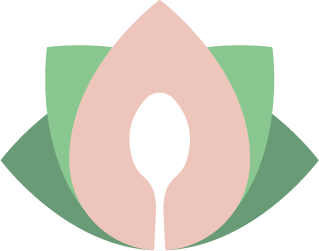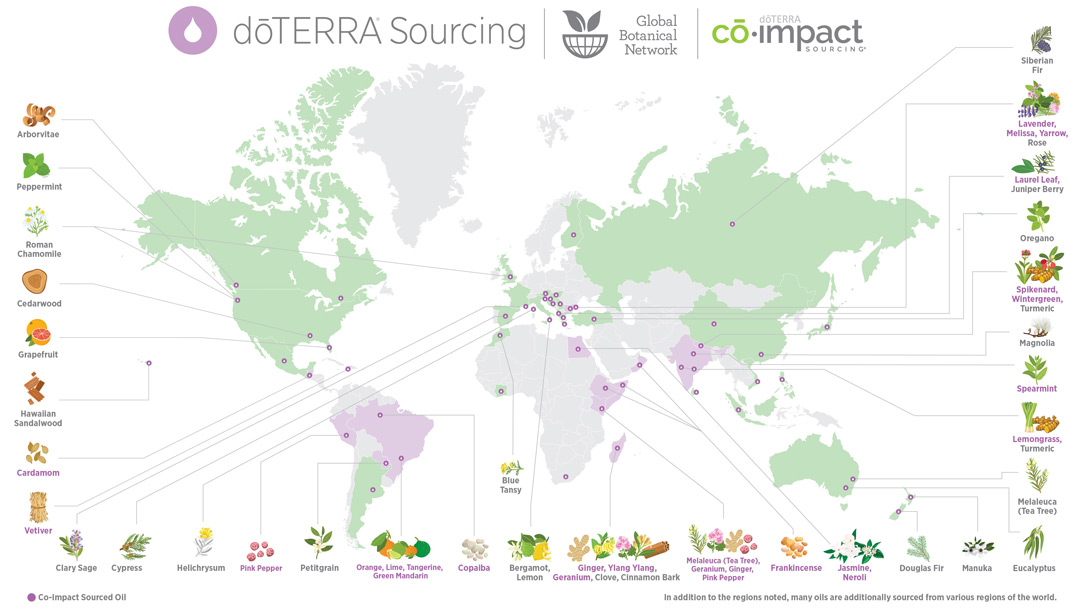Essential Oil Quality
CPTG Certified Pure Therapeutic Grade® quality certifies that there are no added fillers, synthetic ingredients, or harmful contaminants in their essential oils that would reduce the efficacy of an oil or even make it harmful. This testing protocol ensures potency, purity, and consistency batch to batch.
For more information on quality, watch this video:
The CPTG testing begins immediately after distillation with each oil being reviewed for its chemical composition. A second round of testing is carried out at our production facility to ensure that what was distilled and tested is the same essential oil as was received. A third review of the chemistry of the oil is conducted in a three-phase procedure as the oils are packaged into the bottles we use as consumers. Each of these tests confirms that the essential oil is free of contaminants and unexpected alterations during production.
The CPTG Certified Pure Therapeutic Grade quality protocol includes the following tests:
- Organoleptic testing
- Microbial testing
- Gas chromatography
- Mass spectrometry
- Fourier Transform Infrared spectroscopy (FTIR)
- Chirality testing
- Isotopic analysis
- Heavy metal testing
Historically, gas chromatography was sufficient to identify individual components in an essential oil. However, as more sophisticated methods for developing synthetic essential oil products formed, further validation methods were needed. Over time, additional testing methods such as mass spectroscopy, chiral analysis, FTIR Scan, carbon isotope analysis and others have been developed to more accurately identify each individual essential oil constituent.
Essential Oil Sourcing
In addition to supplying the highest quality essential oils doTERRA is committed to making a positive difference in the lives of farmers, harvesters, and distillers who contribute to doTERRA’s oil production.
With over 100 essential oils in its product line, doTERRA sources its oils from over 40 countries—more than half of which could be considered developing countries. To ensure that small scale farmers and harvesters in disadvantaged areas are treated ethically, doTERRA has introduced an initiative called Co-Impact Sourcing.
Co-Impact Sourcing is an initiative that seeks to develop long-term, mutually beneficial supplier partnerships while creating sustainable jobs and providing reliable income in underdeveloped areas. doTERRA is committed to the ethical treatment of its suppliers by providing on-time payments at fair prices. Growers and harvesters are encouraged to form cooperative groups to share collective benefits and bargaining power while improving skills and capacity.
Additionally, the doTERRA Healing Hands Foundation® helps support development projects in sourcing communities. Projects include schools, health clinics, improved infrastructure and clean water systems.
Find out more about doTERRA Healing Hands Foundation projects in Co-Impact Sourcing areas here:
You can find additional information about doTERRA’s sustainable farming and their amazing work in the local communities here: Co-Impact Sourcing
If you would like to receive a free essential oil sample, don't hesitate to get in touch.
Source: www.doterra.com

